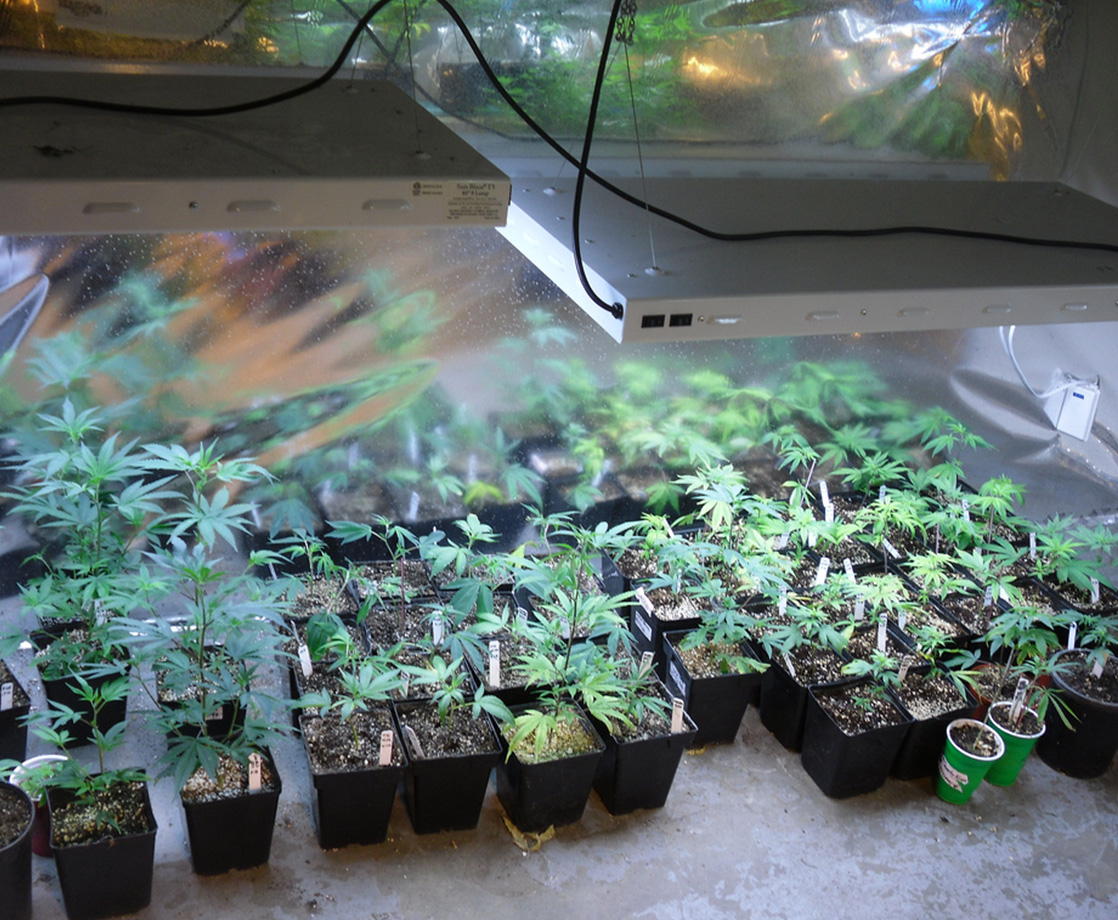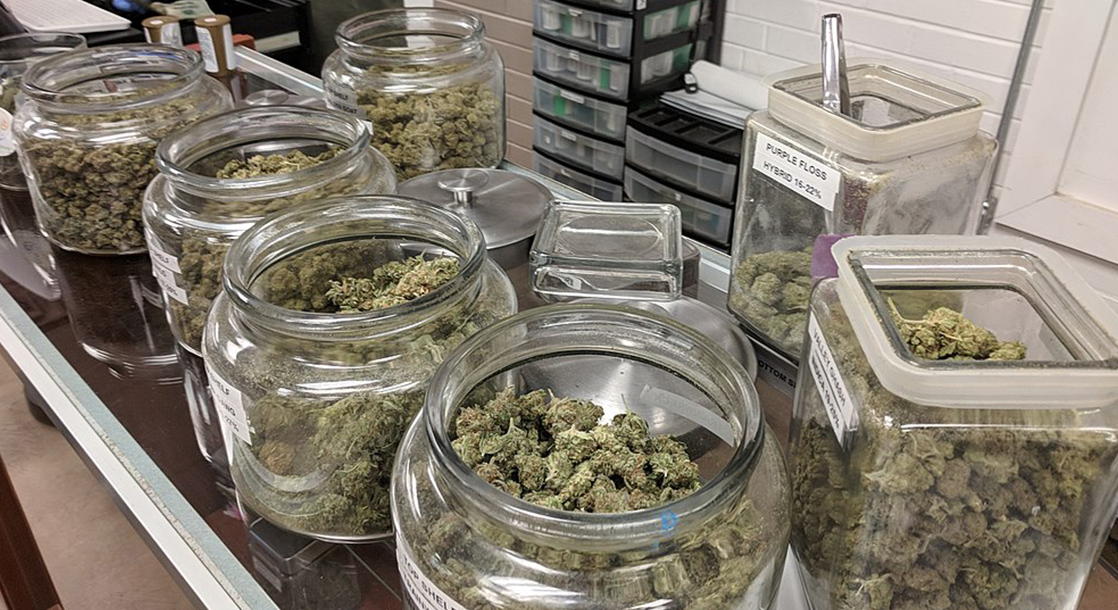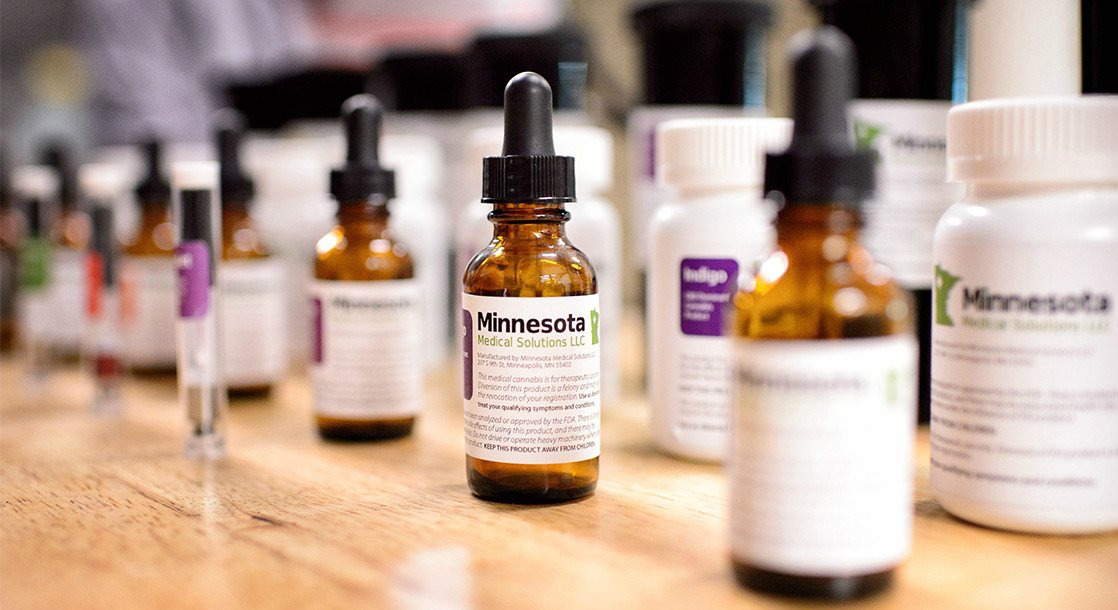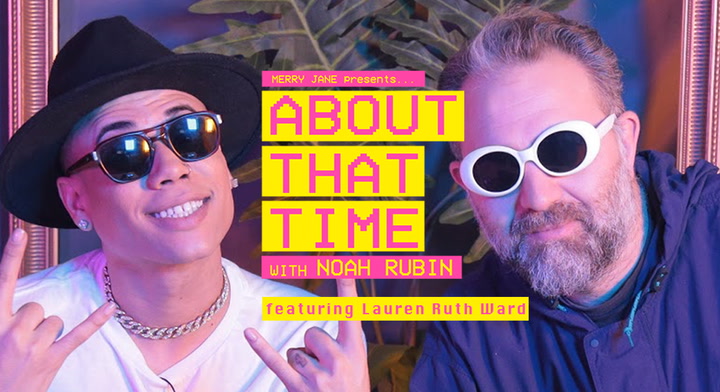North Dakota residents hoping to take advantage of the state's medical cannabis program are going to have to wait at least one more year for their medicine, state officials have reported. This Monday, the North Dakota Department of Health (NDDoH) filed their proposed rules for the medical marijuana program with the state Legislative Council. "The NDDoH has thoughtfully crafted these rules to ensure patient safety, product safety, and public safety," State Health Officer Mylynn Tufte said.
Alongside the proposed rules, the NDDoH has announced a tentative timeline for the full rollout of the program. The department is accepting public commentary on the regulations from now until December 26th, and will hold six public hearings between December 11th to 14th. "The department is committed to a transparent process and we welcome the public's input on the proposed rules," added Tufte.
After making any necessary revisions in accordance with public commentary, the NDDoH will file all required information to the state legislature's Administrative Rules Committee by February 1st of next year. The committee will debate these rules in March, and could approve them as early as April 1st. As soon as the rules are approved, the state will allow applications for manufacturing facilities, followed by a proposal for a testing laboratory. After these two hurdles are cleared, the state will begin accepting license applications for dispensaries.
North Dakota voters approved the Compassionate Care Act, which allows doctors to recommend medical cannabis for 17 medical conditions in addition to terminal illnesses, back in 2016. This summer, Kenan Bullinger, former director of the NDDoH medical marijuana division, said that he expected patients to gain access to their medicine as early as next spring. The department has now revised that timeline in light of the new rules, writing that "usable marijuana is anticipated to be available to registered qualifying patients within the next 11 to 13 months."
Tom Angell, chairman of Marijuana Majority, criticized the "quite long" delay, warning that patients will be forced to choose between purchasing black market cannabis or suffering without medicine until the state gets its act together. "It's not like anybody is asking North Dakota to invent a regulatory system for medical cannabis — those systems are in place in a number of states," he said.
Jason Wahl, current director of the state's medical marijuana division, told the Associated Press that the process was not as easy as Angell made it out to be. "If you were just to focus your proposed rules on one state, and could have copied and pasted, yes, the timeline would have been much shorter," he said. "I don't believe that would have benefited the program and the people of the state."











